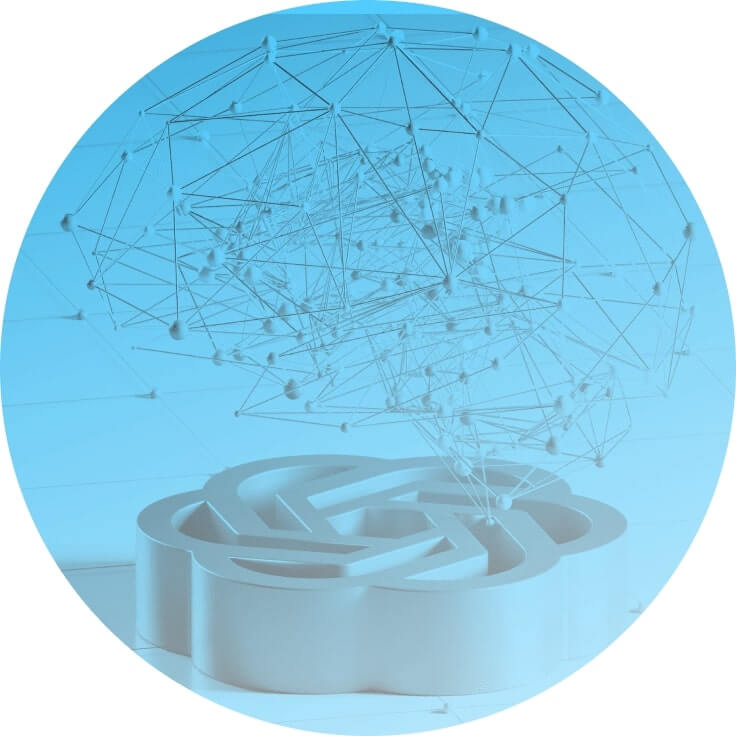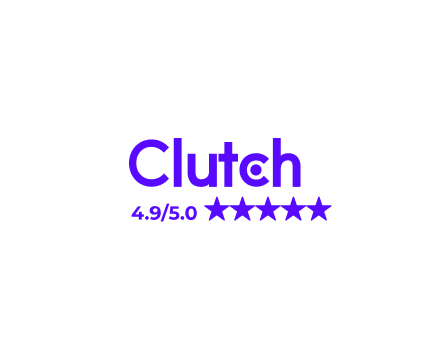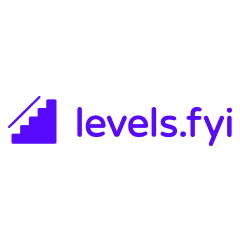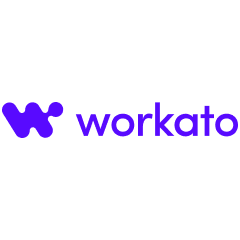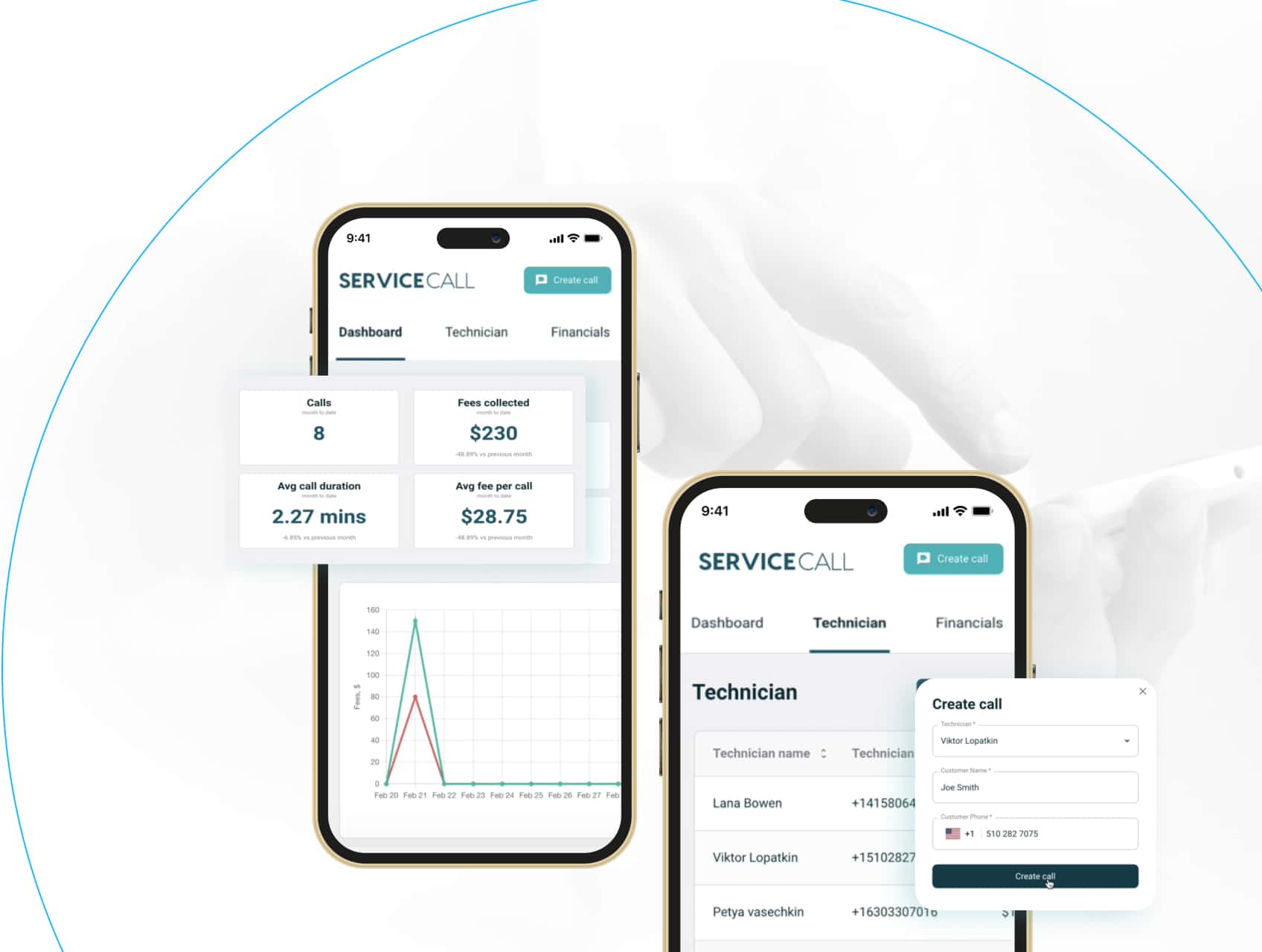Startup founders
who need to validate product-market fit with MVP
Product companies
that need to build isolated proofs of concept
Development teams
who need to create automated tests
Large SaaS
that need trivial features released ASAP
The old way: $500K
The new way: $125K
Design
Code generation
Integration
Code review
Deployment
Support & maintenance
What
our
clients
say
Saves up to 75%
AI-driven product development leads to considerable cost savings and faster time-to-market.
Technology-agnostic
Our AI framework can generate code using any programming language or approach.
Human-supervised
All projects go through rigorous code review and supervision of experienced engineers.
100% Secure
Our in-house infrastructure solutions and secure code practices maintain compliance and protect data.
COMPLIMENTARY SERVICES
Product success workshops
Want to ensure the perfect product-market fit and fast growth?
Brainstorm ideas with seasoned Product Managers, UI/UX Designers, and Business Analysts. In addition to solution design, we can research competitors, uncover hidden pains and opportunities, optimize your monetization and go-to-market strategy.
Duration: 2–4 weeks.
Deliverables: technical specifications and/or clickable prototypes needed to maximize AI savings.
Product upgrade and maintenance
Have an existing product in need of improvement?
We'll help you refactor existing code, build new modules and features, and optimize infrastructure. Following user feedback, can redesign your UI and business logic. You can rely on MindK for long-term support or transfer the project to another team.
Duration: as long as you need.
Deliverables: redesign, code refactoring, optimized cloud infrastructure, new features.
Let's work together
Speed up your time to market with AI-driven software development at MindK.
FAQ
- Who owns the code developed using AI-driven development at MindK?
You are the sole owner of the code and all artifacts produced during the project. Your IP rights are protected with a written contract and NDA.
- What factors affect the total cost savings?
Technical complexity, the number of features, and custom design are among factors that can affect the costs of AI-assisted coding. Complex business logic, database connections, and integrations reduce potential cost savings. Another vital factor is the approach to maintainability you choose:
1) “Disposable” proof of concept can save up to 75% of your budget. Such a bare-bones app is meant to validate your business or technical ideas. The app won’t see future upgrades, allowing the AI to handle more tasks without human intervention.
2) Fully-featured MVP provides 2-3x lesser savings than the previous approach. However, you get a high-quality product designed for future upgrades and maintenance.
- Are there any hidden fees or additional costs related to AI-assisted coding?
It can have unexpected costs in the form of API fees, data preparation, UI customization, compliance, maintenance, and updates.
- How do you ensure data privacy and security for sensitive information?
We follow cybersecurity best practices with AI-powered development. Additional measures are possible to comply with industry-specific regulations, such as HIPAA.
Encryption for data in transit and at rest to protect sensitive information.
Access control measures to limit who can access sensitive data.
Anonymization or pseudonymization of data to prevent the identification of individuals.
Compliance with relevant data protection regulations like GDPR and CCPA.
Regular security audits and vulnerability assessments to identify and mitigate potential risks.
Secure development practices and frameworks to minimize vulnerabilities.
- How well does AI handle the transition from MVP to a full-scale product?
There are two approaches to AI-driven development that determine the project’s future.
Disposable Proof of Concept (PoC) isn’t meant to become a fully functional product. The goal is to validate your ideas with minimal investments. Therefore, we use as much AI-generated code as possible. Solution Architect puts time to market above code quality. If your PoC succeeds, the team incorporates its lessons into a new, much better product. If it fails, you lose almost nothing.
Fully functional MVP is the opposite of this approach. From the very start, the team pays great attention to scalability and upgradability. AI might need more iterations to generate production-ready features. Moreover, the Solution Architect is very demanding of code quality. That’s why this approach is more expensive. However, it results in a high-quality product that’s easier to upgrade with new features.
